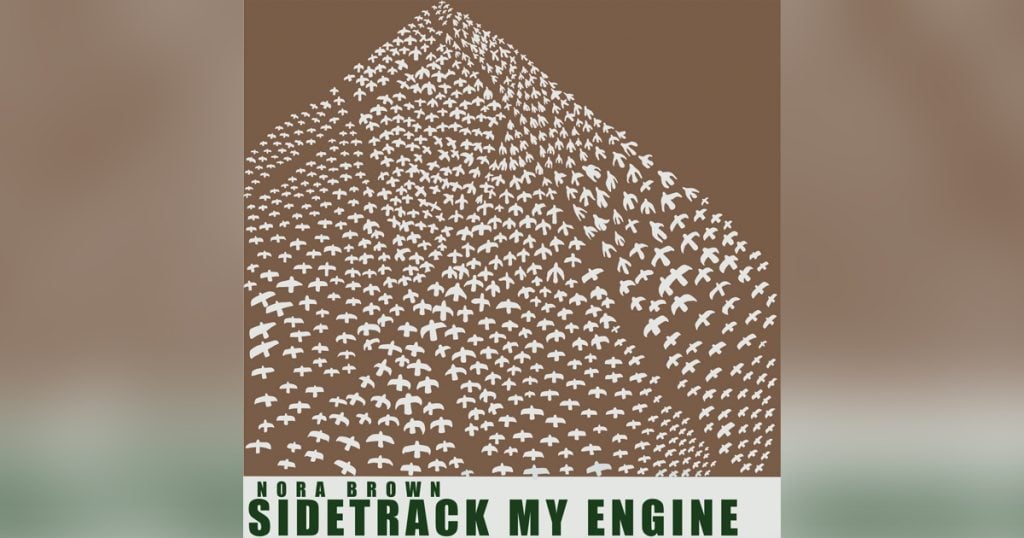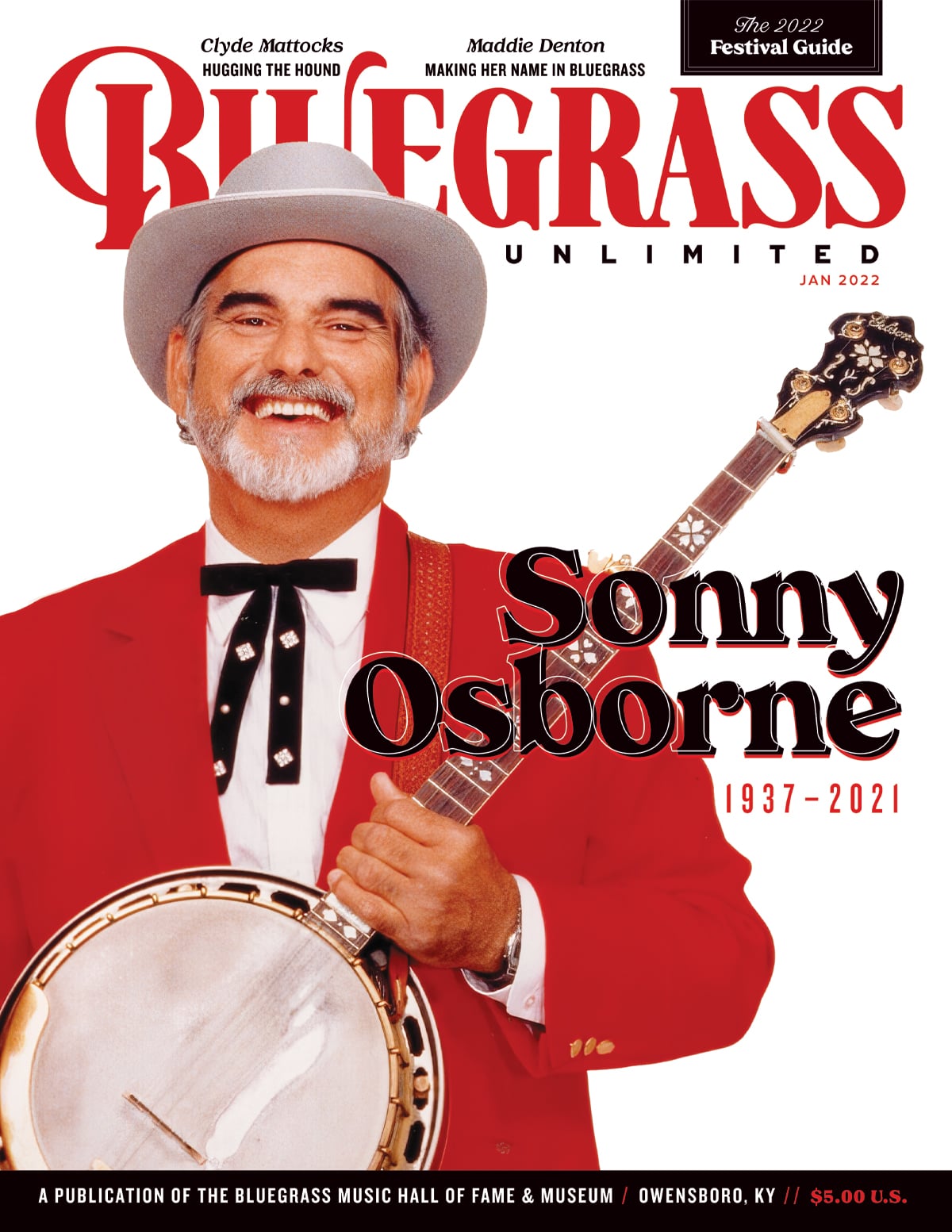Sidetrack My Engine
The word authenticity hangs, like a heavy tree limb, over every conversation about roots music. As the umbrella of acoustic music has expanded to cover music that resembles bluegrass and folk in instrumental texture alone, many traditionalists have expressed concern over a divorce from its aural history. They posit that to pick up a banjo or a mandolin is inevitably to grapple with the legacies of Doc Watson or Bill Monroe. Herein lies the thrill of listening to Nora Brown.
Brown’s newest album, Sidetrack My Engine, is a follow-up to her debut EP Cinnamon Tree. At a remarkably young age, she has synthesized the subtleties of old-time luminaries Virgil Anderson and Lee Sexton into her own sound, which is, at once, respectful and adventurous. She is a performer with the careful ear of an archivist. In tracing the lineage of her selection of music, she is able to translate its strong emotional charge to our modern ears.
The songs run a full range. The up-tempo numbers like “8th of January” and “Briggs’ Hop Light Hornpipe Medley” burn bright as Brown races through their crooked melodies with care, propelled by Appalachian grooves. Slower works like “The Very Day I’m Gone” and “Green Valley Waltz” feature the Southern Gothic chill of her ghostly voice. Brown is accompanied on certain tracks by fiddle player Jackson Lynch and blues multi-instrumentalist Jerron “Blind Boy” Paxton. The imprints of history are embedded in the dipping inflections of her singing and the old-time stomp rhythms of her picking. The voltage that the album generates is in these details. Brown is an impressive musician, but her efforts always seem to be in service of the material, which crackles with joy throughout.
It also important to note the production features of the album itself. Recorded live to tape in a vaulted cellar, the album possesses a warm and familiar sound, filled with the natural ambiance of stone walls. It deepens the listener’s sense that this is the work of a careful student of field recordings. The immediacy is not unlike that of a back porch afternoon or camp tent jam session. If the common flashpoint about new acoustic music among older bluegrass musicians and fans is the lack of traditional grit and nuances of time feel, this album seems like a ready answer to their prayers.

